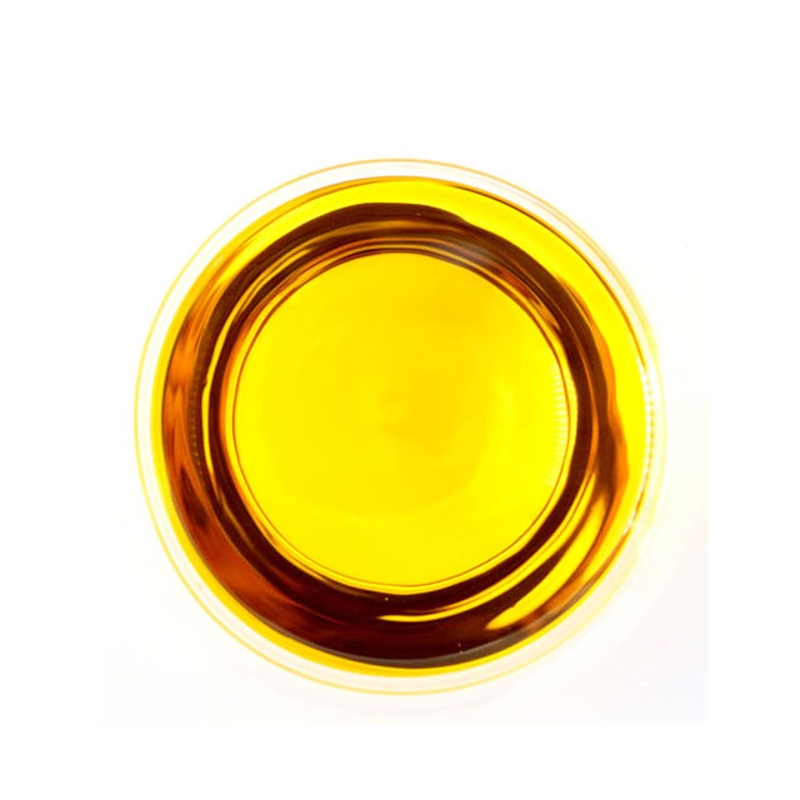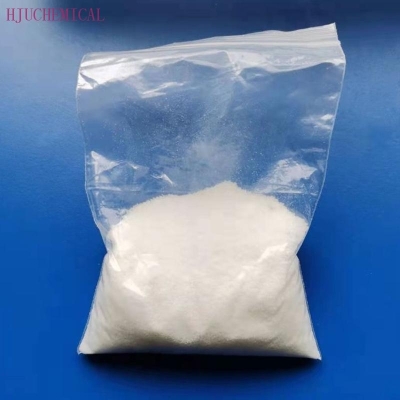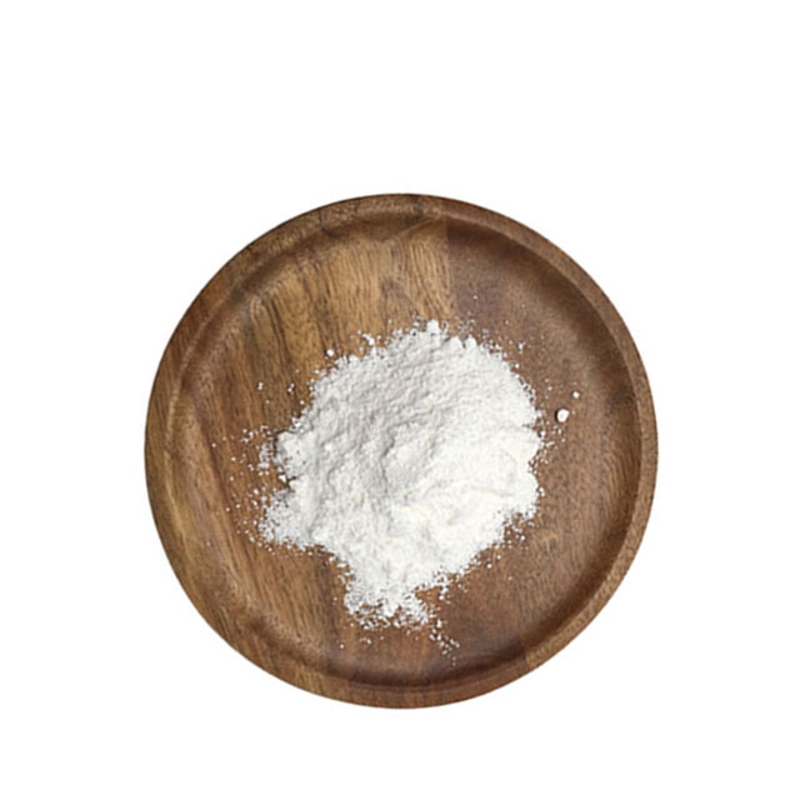-
Categories
-
Pharmaceutical Intermediates
-
Active Pharmaceutical Ingredients
-
Food Additives
- Industrial Coatings
- Agrochemicals
- Dyes and Pigments
- Surfactant
- Flavors and Fragrances
- Chemical Reagents
- Catalyst and Auxiliary
- Natural Products
- Inorganic Chemistry
-
Organic Chemistry
-
Biochemical Engineering
- Analytical Chemistry
- Cosmetic Ingredient
-
Pharmaceutical Intermediates
Promotion
ECHEMI Mall
Wholesale
Weekly Price
Exhibition
News
-
Trade Service
new colleague studied peanut skins at university. After completing the academic report, an audience member asked, "What is the application of your research results in industry?" She didn't answer, she was happy first, replied: "I think peanut butter should be made to keep peanut skin, can improve a little nutritional value, and my boss believes that the nutritional value is limited, in peanut butter to keep it does not make any sense..."The U.S. consumes about
2 million tons
peanuts a year, most of which are made into processed foods. The layer of red skin outside the peanut accounts for about
3% of the weight of peanuts
, a year down, the United States also has
66,000 tons, said more or less, said less is not less
. In the modern food industry, it is the eternal theme to make all parts of raw materials into products that can sell money. Fish oil, whey protein, shell polysaccharin and so on, are the stars of the waste. It is also a logical idea to explore the value of the skin that occurs.peanut skin is mainly polyphenol compounds, the raw antholine content is higher than the famous "antioxidant product" grape seeds. In addition, legend has it that the wine's efficacy ingredient" is resveratrol, the hallmark ingredient in green tea, catechins, which are also high in peanut skin. To sum it up in one sentence, it is: peanut skin is rich in antioxidant ingredients.many studies have explored the health effects of excess phenolic compounds. In animal and cellular experiments, polyphenol compounds demonstrated antibacterial, antiviral, , anti-inflammatory, anti-allergic, and anti-cancer activity. These experimental results are not solid, especially in the human body can reflect, how much need to eat to reflect, are still in the clouds. However, that doesn't stop businessmen from marketing polyphenols as health products - labelling them "antioxidant" can sell for a lot of money. Antioxidant-rich peanut skin, naturally there is no shortage of market potential.american researchers published a study in the journal Food Chemistry to demonstrate the "health benefits" of peanut skin extract. They extracted the water-soluble ingredients from the peanut skin and added them to the mice's diet. The first group ate a regular diet, the second group ate a high-fat, high-cholesterol "Western diet" and the third and fourth groups ate a Western-style diet with different doses of peanut skin extract. Compared to mice on a regular diet, mice on a Western-style diet had a number of "unhealthy" changes in physical indicators after 10 weeks, such as more weight gain, higher cholesterol and triglycerides, and so on. Mice with peanut skin extract added to the Western diet were more "healthy". This result is enough for business people to interpret as "peanut skin extract can lose weight, drop three high", but we still have to pour some cold water: not to say whether the results of animal experiments can be reflected in human beings, the effective dose in the experiment is really not small.
300
mg of extract per kilogram, which is equivalent to about
20,
grams a day for an adult - a much larger amount if you eat peanut skins directly.to eat peanut skin to "health care" is not very reliable. For the food industry, there is no water here, so you can dig in another place. For example, many foods contain fat, which gradually oxidizes in storage. Fat oxidation changes the color and flavor of food, and many oxidizing products are bad for health. Antioxidants are often added to such foods. Chemically synthesized antioxidants are highly efficient, but many consumers don't like them and want "natural ingredients" to do so. Peanut skin or peanut skin extract is also a possible option.a lot of peanut oil in peanut butter or peanut paste, oxidation produces a rotten taste. Some people have studied adding peanut skins to them to fight oxidation. They added different amounts of peanut skin to test the antioxidant effect, and found that adding
5%
significantly improved antioxidant performance. However, when added to this amount, the taste of peanut butter and peanut paste is significantly affected, such as increased bitterness, astringent taste, and the taste of wood and peanut shells. If you increase
10%
peanut skin, the taste is even worse. Peanut skins contain about 3% less than 3%
not
. The experimenters did not provide the results of this addition, based on the data in the paper speculated that it will have an effect on taste but not so much, but the antioxidant performance is not so obvious. The result is in keeping with the new colleague's boss's attitude towards skin retention and improved nutrition.the role of extracts added to beef, the results are more valuable. They found that adding 0.2 to 0.4 percent peanut skin extract to beef fillings significantly reduced oxidation and increased storage stability. This is roughly equivalent to an extract from a kilogram of peanut skin that can handle one or two hundred kilograms of beef stuffing.a kind of Italian sausage called Salami, which contains a lot of fat because it is easier to oxidize. As oxidation progresses, the flavor of the sausage decreases, and the rotting odor produced by the oxidation of the oil increases. Researchers in Argentina added peanut skin extract to it and found that when the amount added was
0.1%
, it showed significant protective effects. However, the effect is much worse than chemical antioxidants.best, do you want to spit peanut skin when you eat peanuts? All I can say is that that antioxidant is no harm to seeing it, and the good thing is that talking is better than nothing. If you want to eat skin, eat it;







